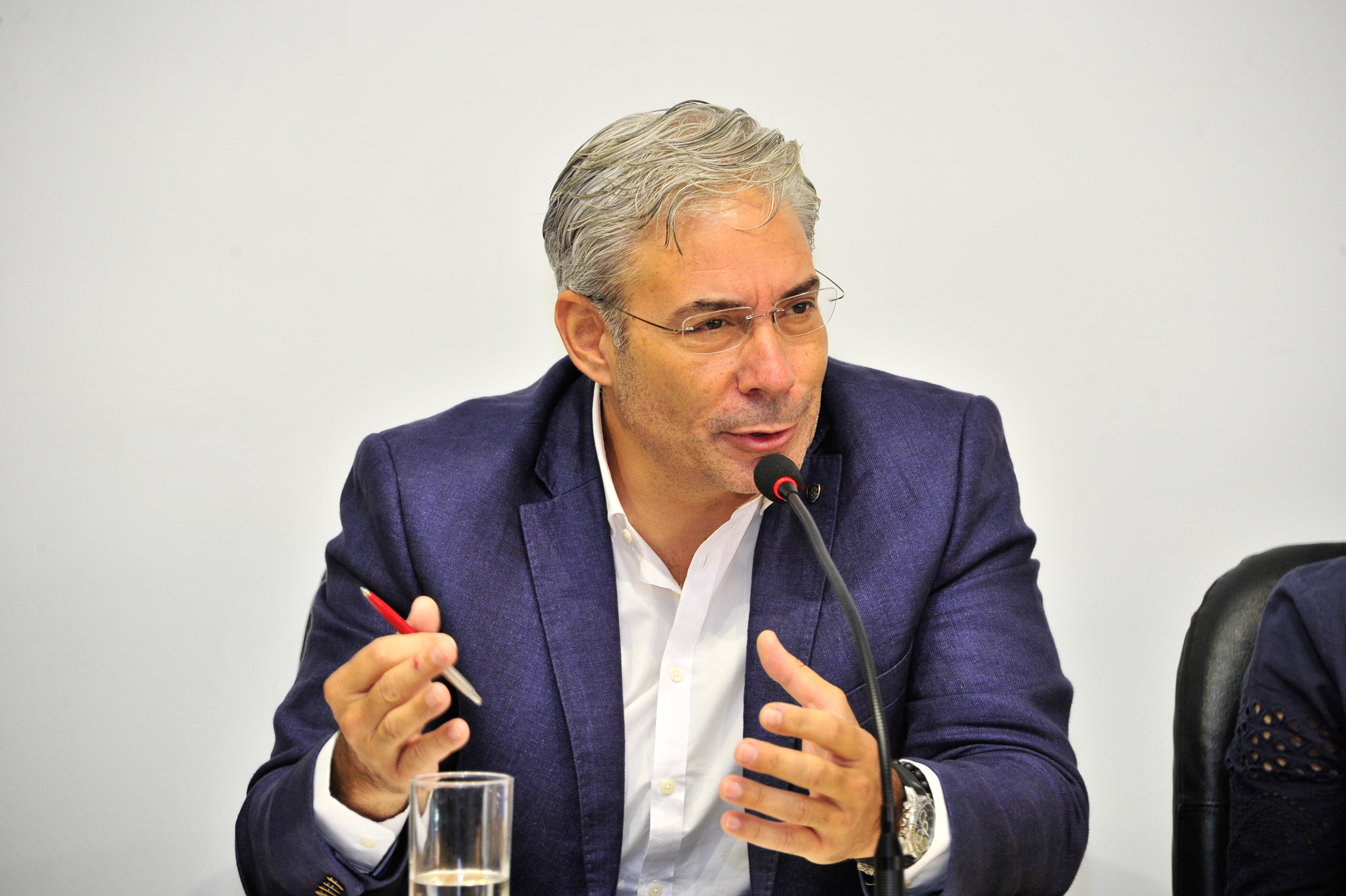Datanálisis’ expectations for the second quarter are positive, taking into account a possible increase in national production thanks to Chevron and its exports to the United States, and betting on a restructuring of Pdvsa
The consulting firm Datanálisis estimates that consumption in the Venezuelan economy, an indicator that drove the recovery in recent months, will contract between 7% and 8% compared to last quarter.
The director of the firm, Luis Vicente León, explained that this fall is due to the incessant increase in prices, both in dollars and in bolivars, which has led Venezuelans to have less purchasing power to demand the products that the commercial sector is offering. .
“Inflation has crossed the border of consumer purchasing power, stimulated by the significant devaluation of the currency,” he reasoned.
This devaluation would be explained, partially, thanks to the cash flow problems that the Government has. According to León, these could be linked to the acts of corruption that have come to light in recent weeks.
According to Petróleos de Venezuela (PDVSA) documents seen by ReutersVenezuela would accumulate some $21.2 billion in unpaid bills to unreliable mediators used to circumvent the sanctions implemented by the United States.
*Also read: AP: 90 companies owe PDVSA $10.1 billion for oil purchases
On the other hand, Datanálisis does not rule out the weight that “greater competition” may have in the oil market, due to the fact that Russian oil entered the black market, in which Venezuela was living due to the sanctions.
Despite the negative expectations for the first quarter, León maintained that the forecast for the second quarter is positive, presenting possible “significant improvements” due to an increase in production by Chevron and the “rebalancing” of Pdvsa once the investigation is closed for corruption.
He stresses, however, that even these positive stimuli would be insufficient for an economy that lost 80% of its Gross Domestic Product (GDP) between 2013 and 2020. In addition, “they do not bring the country any closer to solving its fundamental economic, social and infrastructure.
Post Views: 932







